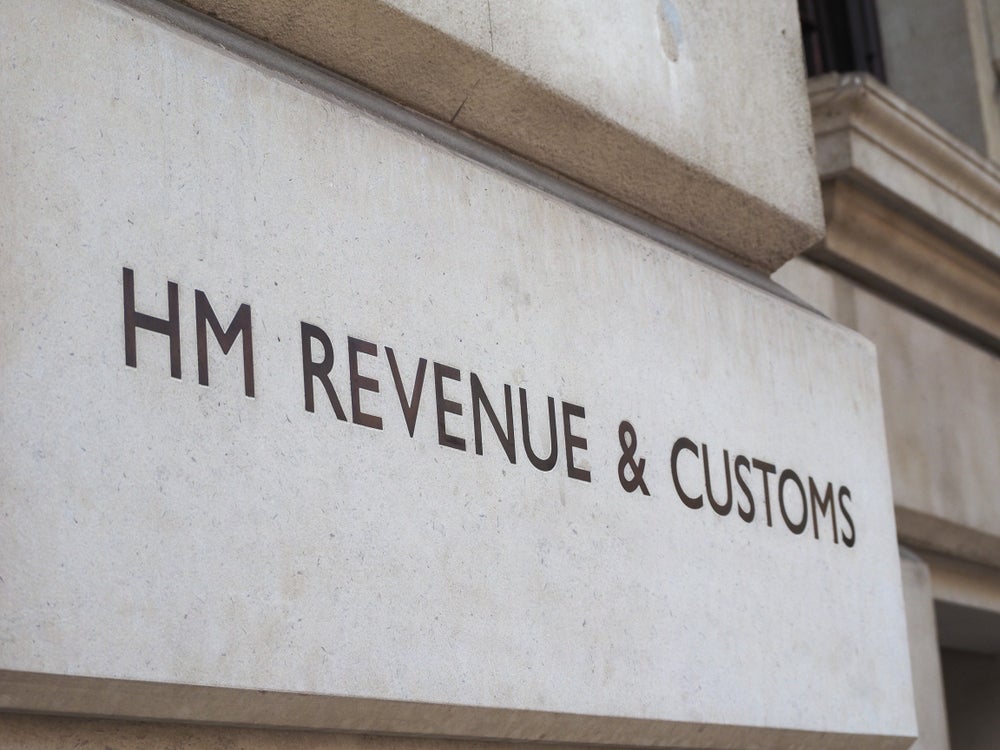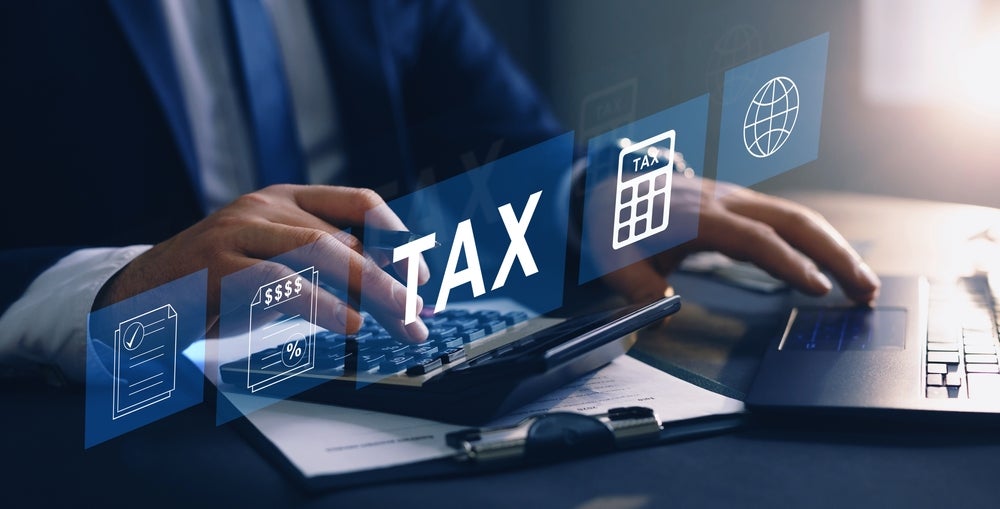The Public Accounts Committee (PAC) has published a report lambasting Google’s tax shenanigans.
The PAC has deemed the settlement with HMRC to pay £130m ($183m) on back taxes "disproportionally small" and lacking full transparency as to figure out if it’s fair to taxpayers.
The report underscores Google’s somewhat hypocritical stance on tax simplicity, which the PAC has considered to be "at odds with the complex operational structure" which helps the multinational avoid paying full taxes.
"Google admits that this structure will not change as a result of this settlement," the report reads.
But soon after the news emerged, media reports started to point out that this deal with HMRC would mean the multinational would be taxed at a ridiculously low 3% corporate tax rate (compared to the global 23% average).
Such a figure was worked out by Prem Sikka, professor of accounting at Essex University, who recalls being on the phone with Reuters the midnight before the percentage rate became viral.
How well do you really know your competitors?
Access the most comprehensive Company Profiles on the market, powered by GlobalData. Save hours of research. Gain competitive edge.

Thank you!
Your download email will arrive shortly
Not ready to buy yet? Download a free sample
We are confident about the unique quality of our Company Profiles. However, we want you to make the most beneficial decision for your business, so we offer a free sample that you can download by submitting the below form
By GlobalDataSikka, who has been appointed by the UK shadow cabinet to conduct of a review of the role of the HMRC, explained The Accountant’s readership how this figure was calculated:
"The first problem is that Google doesn’t really tell us what its UK profits are. It has an entity in the UK but profits are subject to all kind of transfer mechanisms. And when you look at the tax numbers, they are not very believable. So I went back to the SEC 10-K filings in US. In there they have to explain the revenues arising in their major markets. UK is their second one, accounts to 10 to 11% of the global revenues.
"That gave me the sales they claim are made in the UK for each year from 2005 to 2014. I added them up, and come to about $35.5bn, which translated into pounds sterling is about £24bn. But what exactly are Google’s profits out of that? The trade journals report that Google’s gross profit margin in that period has been anything from 60-75%. Of course out of gross profit, expenses need to be paid. Again, the estimate of that is anything from 27 to about 32-33% because there are different kinds of products. So, £24bn is the sales. And if I assume the net profit margin is about 30% that gives me £7.2bn.
"Then the question is how much tax to pay on that? Now the corporation tax rate in the UK has varied. At the moment is 20%. In 2005 was 30%. The average is about 25%. So £7.2bn at 25% gives £1.8bn. Google paid £130m and previous accounts showed maybe another £70m were settled. So Google’s settlement is £200 million corporate tax on UK profits of £7.2 billion. That is a rate of 2.77%.
"Google says it hasn’t got permanent establishment in the UK. Well, that’s a matter for debate. But anyhow it is going to be in trouble fairly soon because the regulators all over the world are going not just after Google but also other companies operating from the cyber space.
"And the OECD BEPS project also relaxes the definition of permanent establishment. It is no longer hard and fast about whether you’ve got bricks and mortar buildings or warehouses. It’s much more about what you are doing, where and how much profit that may be attributable to that."






